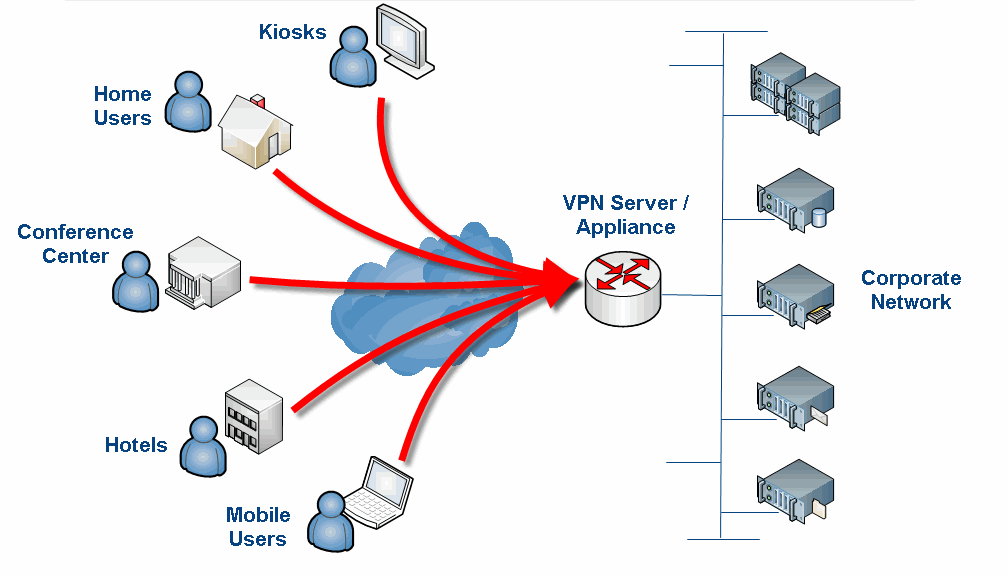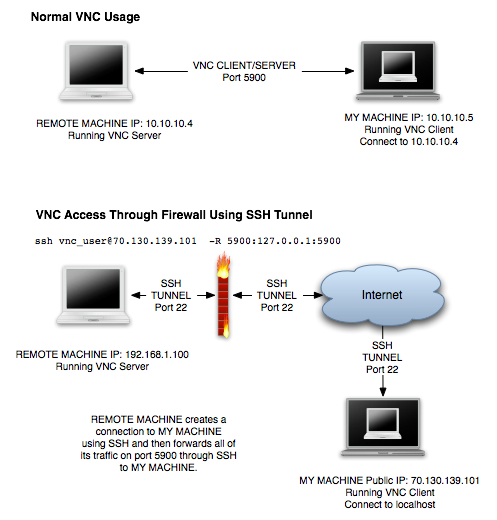
When you’re ready, click the Connect button. For example, Make sure you select the Use SSH or SSL+SSL option before you connect.
Ssh vnc tunnel Pc#
In the Destination text box, type your remote address:5900, using the hostname of the remote desktop PC or server. Under VNC Host:Display, type Replace SSHusername with the username you’d use for your SSH connection, and replace remoteIPaddress with your remote desktop IP address. In the Port forwarding section of the Tunnels menu, you’ll be providing the details to allow PuTTY to tunnel your VNC connection over SSH.
Ssh vnc tunnel windows#
SSVNC is supported by Windows and Linux operating systems. One example is SSVNC which, while basic, will tunnel over SSH before making a VNC connection.

5902 is the remote VNC session port created above.
Create a SSH tunnel to remote VNC session using the command: ssh -L 8888:127.0.0.1:5902Ssh vnc tunnel mac#
You should then be able to work on the remote. After the vncserver is running, on the Mac open the Teminal app in the Applications Utilities folder. Other VNC clients, however, do include SSH tunneling within the client itself. Once you click connect, your VNC client will use the encrypted SSH tunnel and make the connection between local and remote machines on port 5901. While TightVNC is a popular Windows client for VNC connections, it doesn’t support SSH tunneling within the client itself, requiring you to use PuTTY to make the connection. Set up your preferred virtual desktop number (e.g., call vncserver :22) 3. Fortunately, you have Secure Shell (SSH) to lean on.

So open the Putty client and navigate to the SSH menu option on the left side.

We also need to make the SSH tunnel that will allow us to send the VNC traffic though an encrypted SSH connection to our server. If your SSH connection is working correctly, TightVNC should load your remote VNC desktop window, ready for you to use. Establish a secure SSH connection First step is to configure the secure connection to the server.


 0 kommentar(er)
0 kommentar(er)
